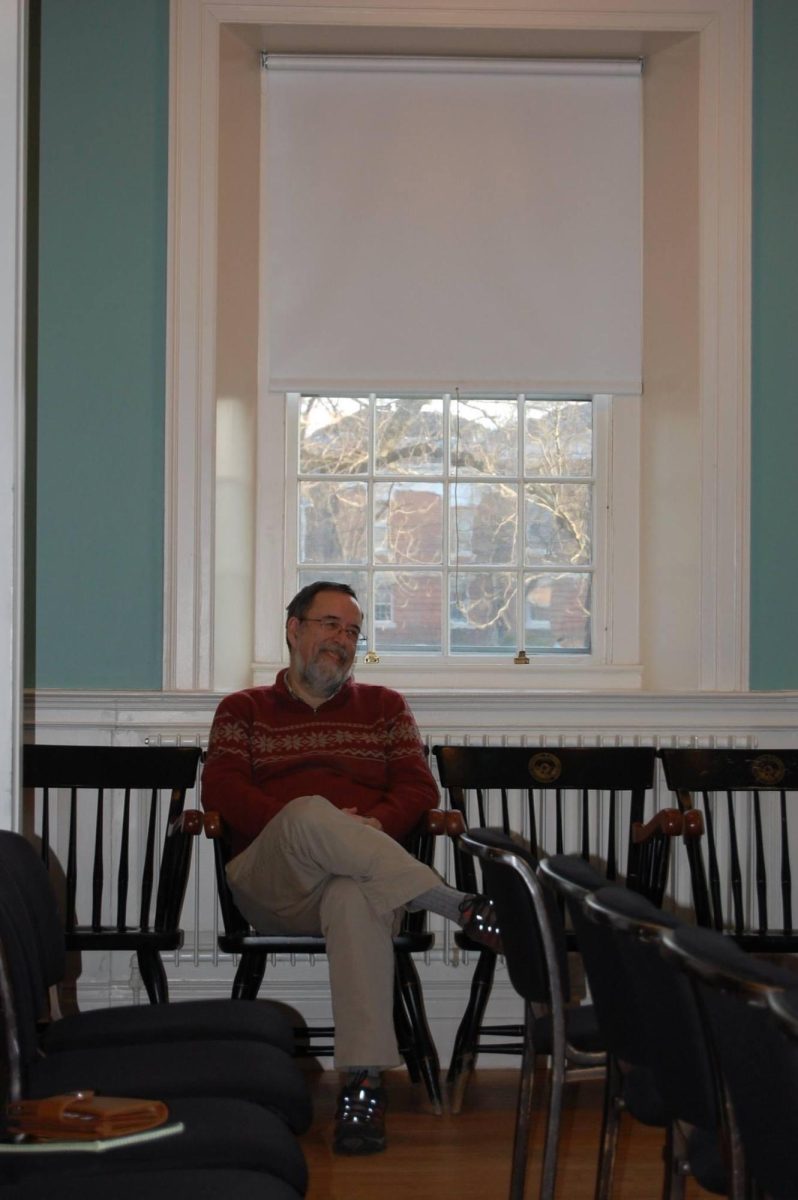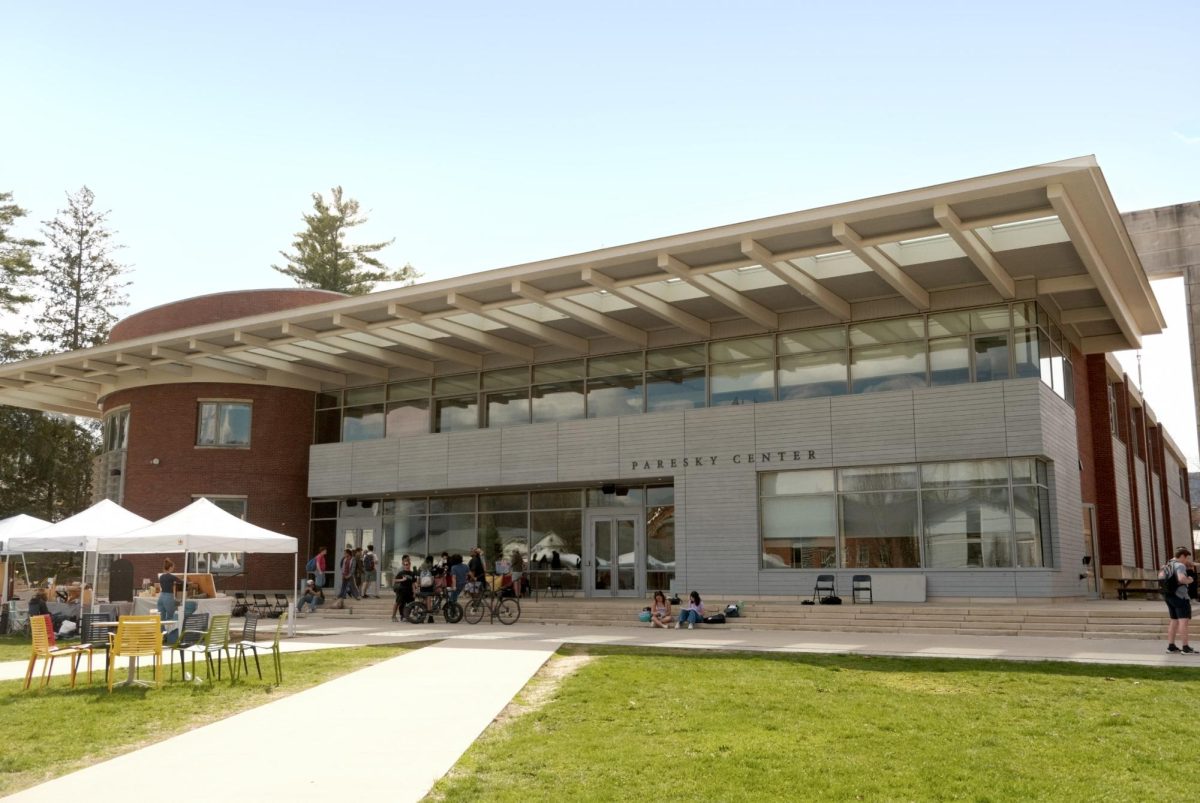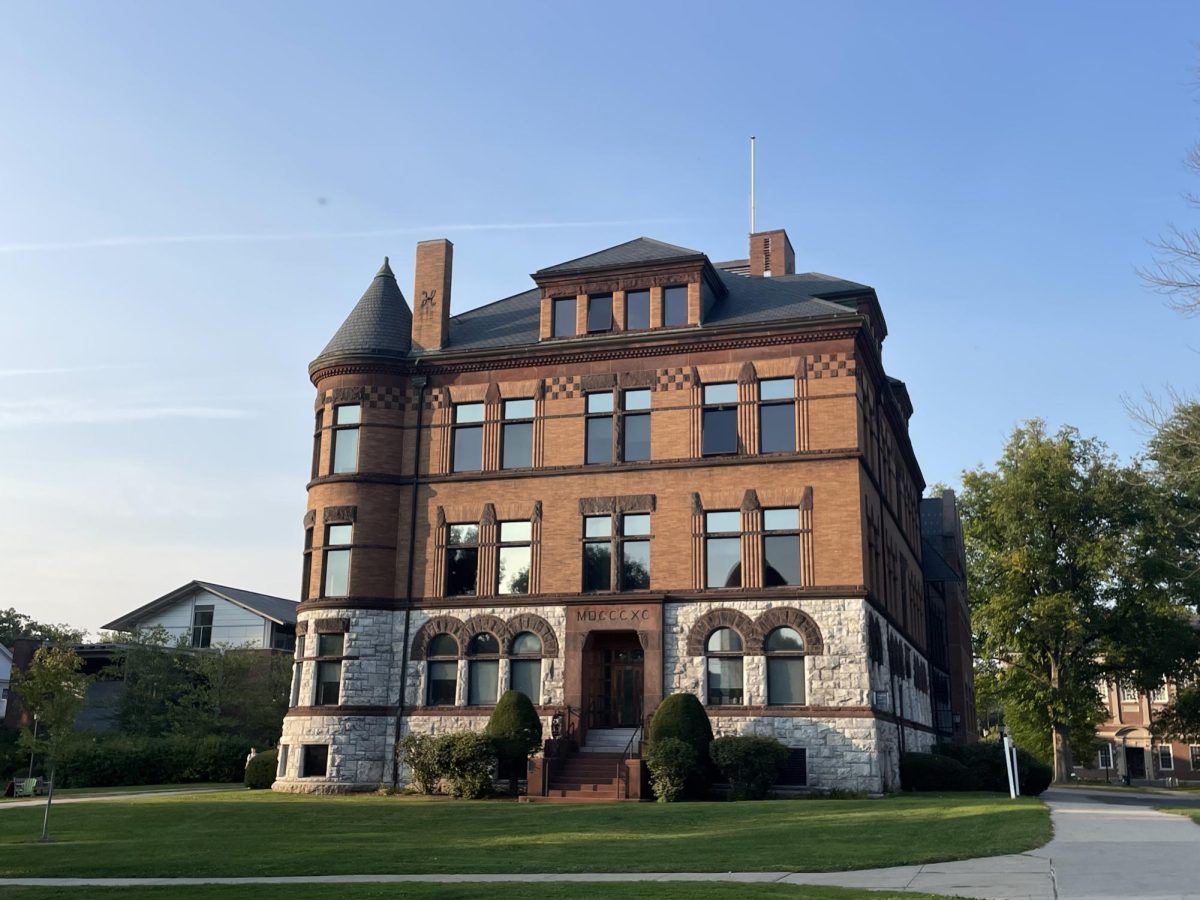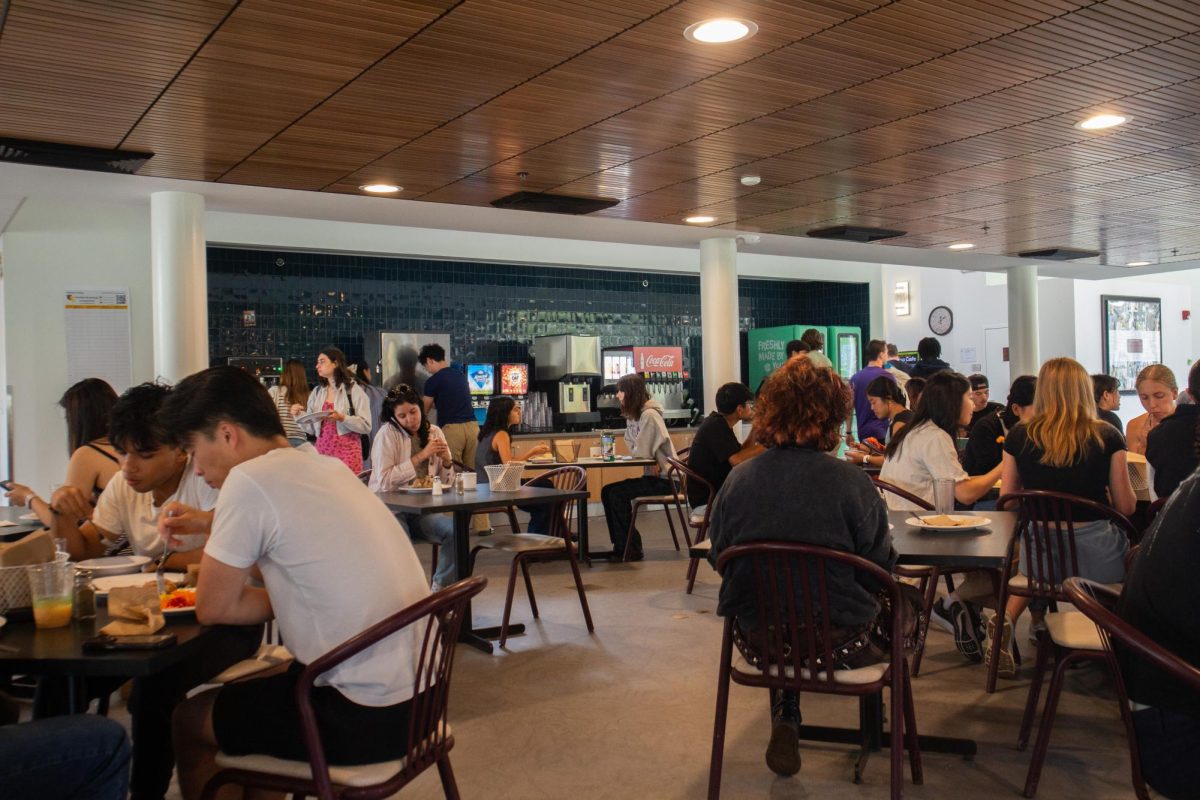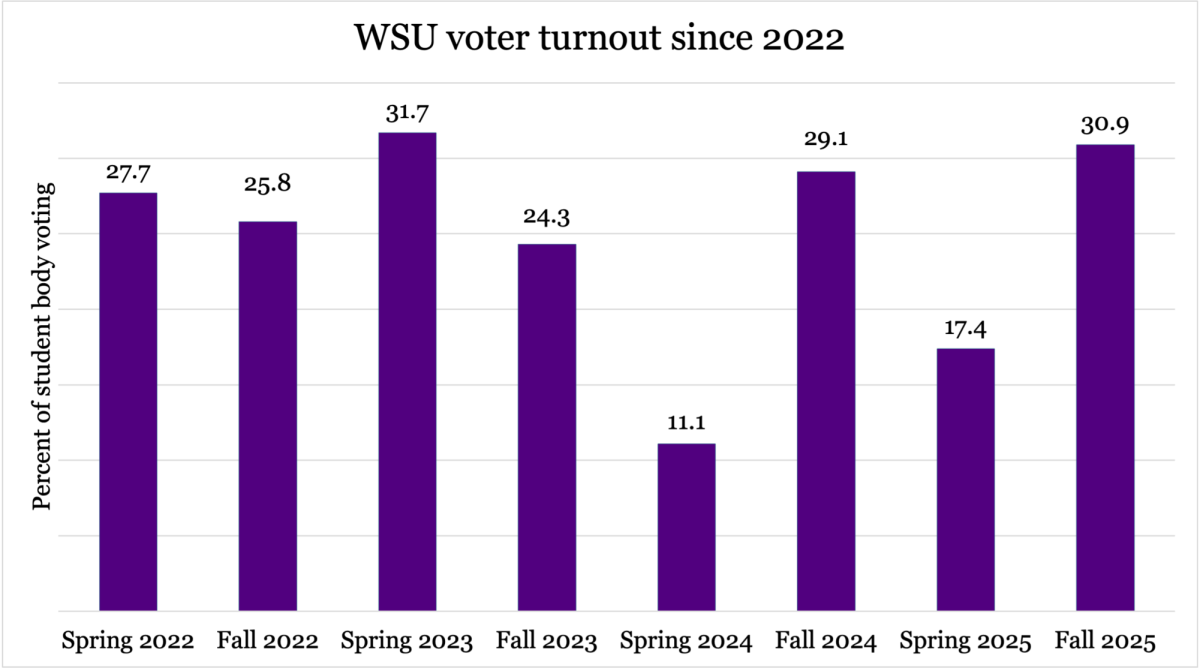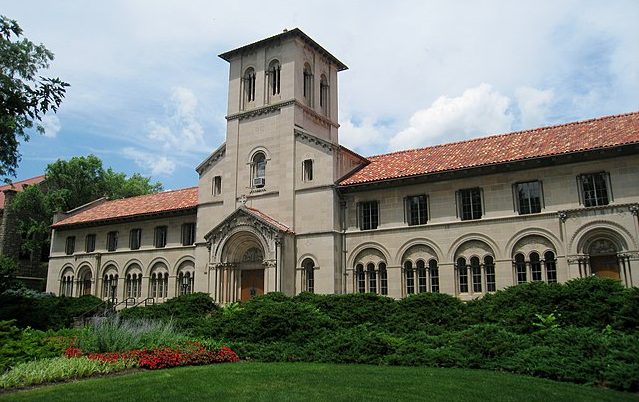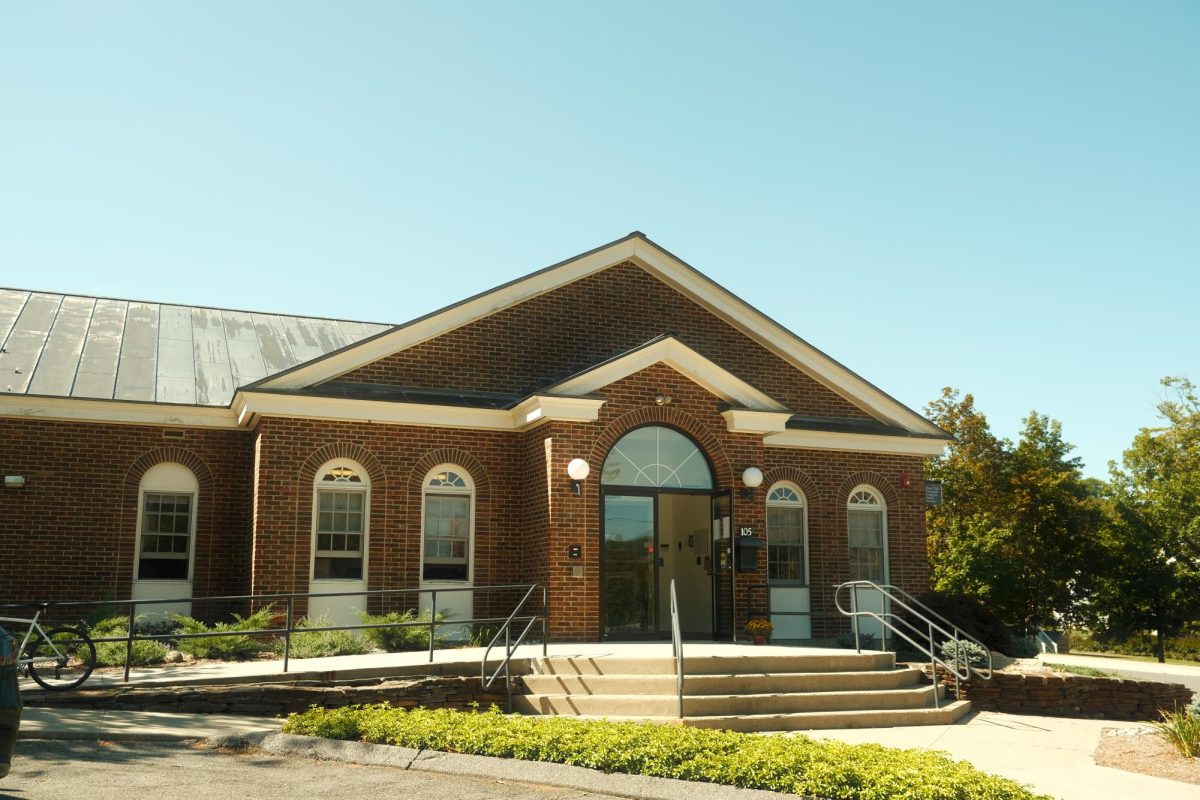William “Bill” Darrow, Cluett Professor of Religion, Emeritus, died on Oct. 1. Darrow was a professor in the College’s religion department from 1981 to 2015 and one of the department’s longest-serving chairs.
Former colleagues and friends shared their memories of Darrow with the Record, recalling his generosity, dedication to educational inclusivity and relevancy, and deeply versed knowledge of religious studies.
“Darrow was widely read — he was an omnivore of knowledge,” Professor of History and Chair of Global Studies Magnús Bernhardsson said. “He was very eager to diversify our curriculum to make it more relevant to the here and now [and] the world beyond the border of the United States.”
Bernhardsson said that, when Darrow arrived at the College in 1981 shortly after the Iranian Revolution, there was a growing interest in Islamic studies among students. Over the following years, Darrow fostered those interests by helping expand the religion department’s course offerings.
“He retooled from a narrow, small field into offering these general courses on Islam,” he said.
According to Bernhardsson, Darrow’s breadth of knowledge allowed him to teach a wide variety of international areas of study. Such courses included introductory Global studies, Central Asian studies, and courses related to the religion of Islam. Chair and Professor of Romance Languages Leyla Rouhi also collaborated with Darrow on special committees and new programs at the College.
Rouhi recalled their shared love of Iran. “For me as an Iranian … it meant a lot to me that he had lived there, experienced the language, and kept himself fully informed,” she wrote to the Record. “Iran went through monumental changes in the years he and I overlapped at the College, and he was always one of the people I could turn to for clarity and serious conversation about issues that puzzled us both. I miss him now in particular, and can almost hear his calm, concerned voice about recent events.”
In 2004, Darrow proposed the idea of a formal international studies program at the College. This interdisciplinary program integrated existing areas of study, such as Africana and Middle Eastern studies and Latin American studies, with new programs in East Asian, Russian, and Eurasian studies. In an interview with the Record in March 2004, Darrow remarked on the program’s innovative framework. “It has a protean character,” he said. “I expect other thematic and (also area) tracks to develop once the structure is in place.”
In his time at the College, Darrow worked with several faculty members, including Bernhardsson and Rouhi, to help establish Arabic studies and further expand international studies at the College. Chair and Professor of German Gail Newman also worked closely with Darrow on such curricular programs.
In an email to the Record, she described Darrow’s humility and compassion in and outside of work. “I mostly remember conversations where I realized — despite Bill’s natural modesty, even self-effacement —just how broad his knowledge was and how deeply he pondered some of life’s biggest questions,” she wrote.
“Bill was a dedicated and beloved teacher who, in the best spirit of small liberal arts colleges, had a constant stream of students in and out of his office,” Professor of Religion Denise Buell told the Record.
Buell also reflected on Darrow’s gracious character. “Bill was … a very kind person,” she wrote. “I’ll never forget that the day I moved to Williamstown, after a two-day drive in an unreliable rental truck, Bill appeared at my apartment not only to welcome me with a gift but stayed to carry some boxes up the almost 100 steps to my place.”
Newman echoed Buell’s sentiment, adding that he was one of the most generous people she has met at the College.
“Always willing to share his presence, his time, and his thoughts in a discussion of ideas, Bill quietly and thoughtfully helped shape some of the most innovative programs in international education at the college,” Newman wrote.
After he retired in 2015, Darrow moved from Williamstown to Portland, Ore., where he spent time with his grandchildren and enjoyed a happy retirement, Bernhardsson said. Darrow is survived by his wife Kathryn (Nordmeyer) Darrow, daughter Elizabeth Justine Darrow, son Alexander William Darrow, and five grandchildren.
Earlier last week, the College announced it would soon communicate more information regarding the family’s plans for Darrow’s memorial service.
[Editor’s Note: This article was updated online on Sunday, Nov. 5, at 8:14 p.m. ET. A previous version of this article incorrectly stated that Darrow lived in Portland, Ore. “with his two daughters and his wife, spending time with his grandchildren and enjoying a happy retirement.” Darrow is survived by his wife, daughter, son, and grandchildren. The article has been updated for accuracy.]



